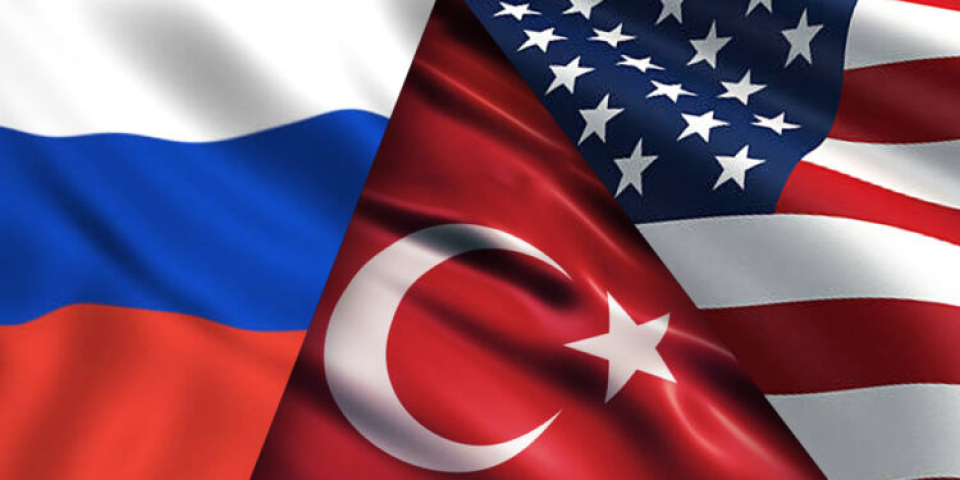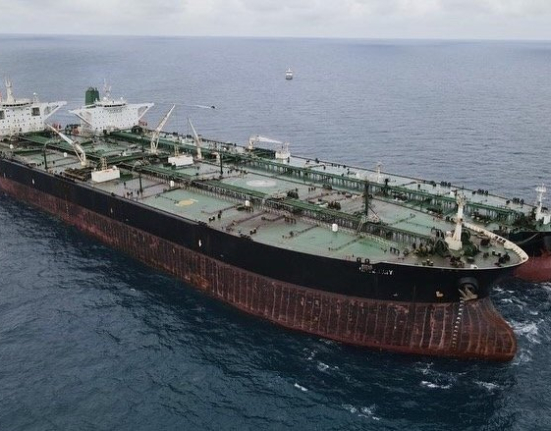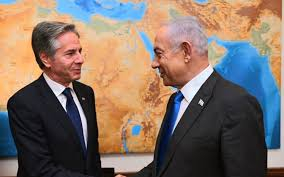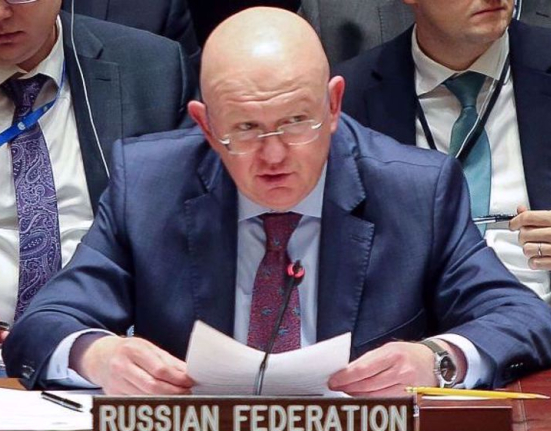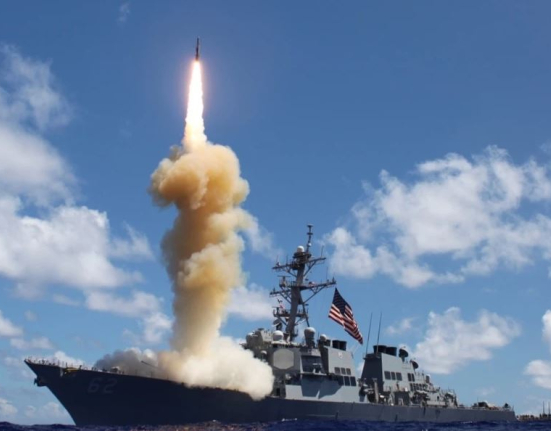The UK's Financial Times (FT) reported on 27 November a significant surge in military-related exports from Turkiye to Russia.
“Turkiye’s exports to Russia of goods vital for Moscow’s war machine have soared this year, heightening concerns among the US and its allies that the country is acting as a conduit for sensitive items from their own manufacturers,” FT wrote.
The increased trade is “heightening concerns” among Washington and its other NATO allies who support Ukraine in the war against Russia.
The report also states that Turkiye has also witnessed a jump in exports of 45 civilian materials used by the Russian army, undermining western attempts to limit Russia’s ability to equip its military and straining ties between Ankara and NATO.
Brian Nelson, US Treasury under-secretary for terrorism and financial intelligence, is set to visit the Turkish capital this week.
The visit aims to focus on “efforts to prevent, disrupt, and investigate trade and financial activity that benefit the Russian effort in its war against Ukraine.”
It comes as Washington and its western allies are concerned that some dual parts are being sent directly to Russia from Turkiye, despite some of them being labeled as going elsewhere. Disrupting this “ghost trade,” as FT refers to it, is complicated given the items have both military and commercial uses.
In the first nine months of this year, Turkiye exported to Russia $158 million worth of the 45 materials listed by Washington as essential to the Russian “war machine,” three times the amount exported at the same time last year.
At the same time, Turkiye’s imports of such high-priority materials from western countries has jumped more than 60 percent in 2023.
These items include microchips and telescopic equipment, and are subject to western restrictions aiming to prevent them from reaching Russia.
However, these controls are frequently circumvented by “companies using middlemen structures to disguise their ultimate destinations.”
According to Emily Kilcrease, director of the Energy, Economics and Security Program at the Center for the New American Security think-tank, the trade depends on the exploitation of regulatory gaps between US export restrictions and EU enforcement measures.
“With some of the third-party countries like Turkey, we’re really at a weaker enforcement position than we’d ultimately like to be. We really have to lean on those countries to take enforcement actions in their own jurisdi

